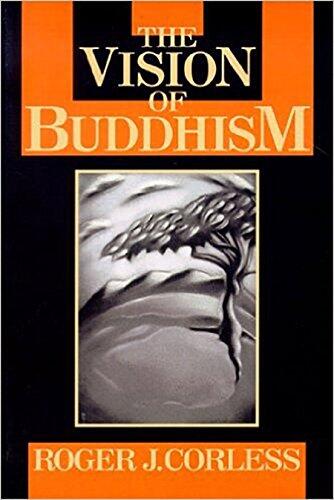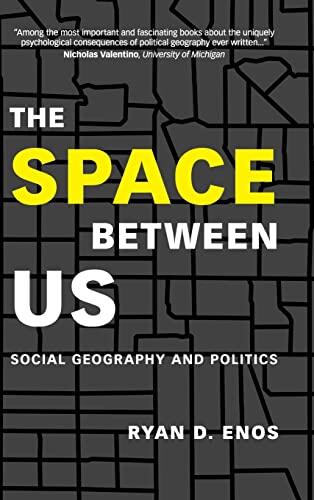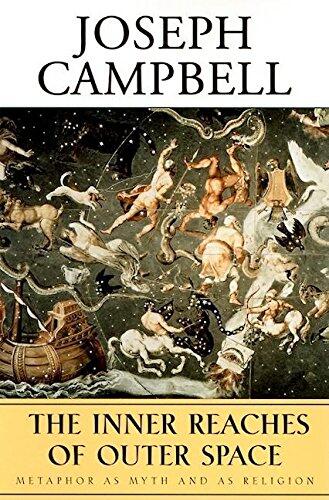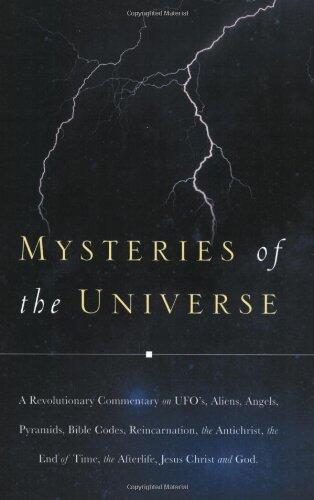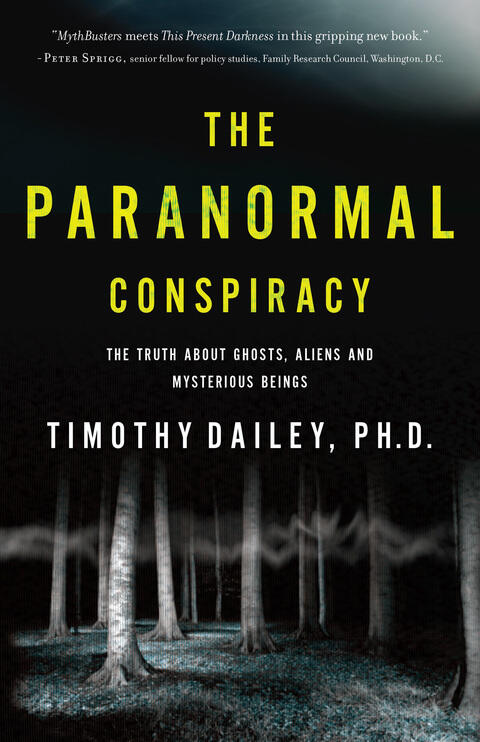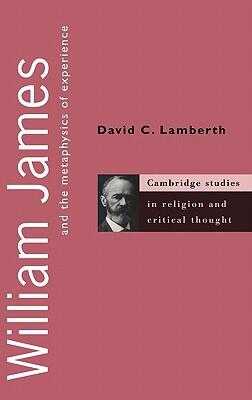
William James and the Metaphysics of Experience
توسط:
David C. Lamberth
نسخه: First Edition
زبان: انگلیسی
فرمت: جلد سخت
شابک ۱۰: 052158163X
شابک ۱۳: 9780521581639
تاریخ انتشار:
June 28th, 1999
ناشر: Cambridge University Press
صفحات: 272
ژانرها: Religion & Spirituality, Philosophy
David C. Lamberth's work delves into the intricate interplay between William James's philosophical insights and the transformative nature of human experience. By examining the core tenets of James's philosophy, the author explores how these ideas address profound questions about existence and the nature of reality. Lamberth articulates a nuanced perspective, revealing how James’s approach to metaphysics was not only innovative but deeply rooted in the experiential aspects of life.
Throughout the narrative, Lamberth engages with James's contributions to psychology, ethics, and religion, providing a comprehensive understanding of how they converge to form a coherent metaphysical framework. Analyzing key themes such as pragmatism and pluralism, the work invites readers to reimagine the boundaries of traditional philosophy and consider the implications for contemporary thought.
Furthermore, Lamberth emphasizes the relevance of James's philosophy in today's world, where the complexity of human experiences continues to shape the search for meaning. Through a captivating synthesis of history, philosophy, and personal reflection, this exploration reinvigorates the discourse surrounding metaphysics and invites readers to appreciate the richness of lived experiences. The book ultimately encourages a deeper contemplation of how metaphysical ideas can inform our understanding of ourselves and our place within the world.
Throughout the narrative, Lamberth engages with James's contributions to psychology, ethics, and religion, providing a comprehensive understanding of how they converge to form a coherent metaphysical framework. Analyzing key themes such as pragmatism and pluralism, the work invites readers to reimagine the boundaries of traditional philosophy and consider the implications for contemporary thought.
Furthermore, Lamberth emphasizes the relevance of James's philosophy in today's world, where the complexity of human experiences continues to shape the search for meaning. Through a captivating synthesis of history, philosophy, and personal reflection, this exploration reinvigorates the discourse surrounding metaphysics and invites readers to appreciate the richness of lived experiences. The book ultimately encourages a deeper contemplation of how metaphysical ideas can inform our understanding of ourselves and our place within the world.
